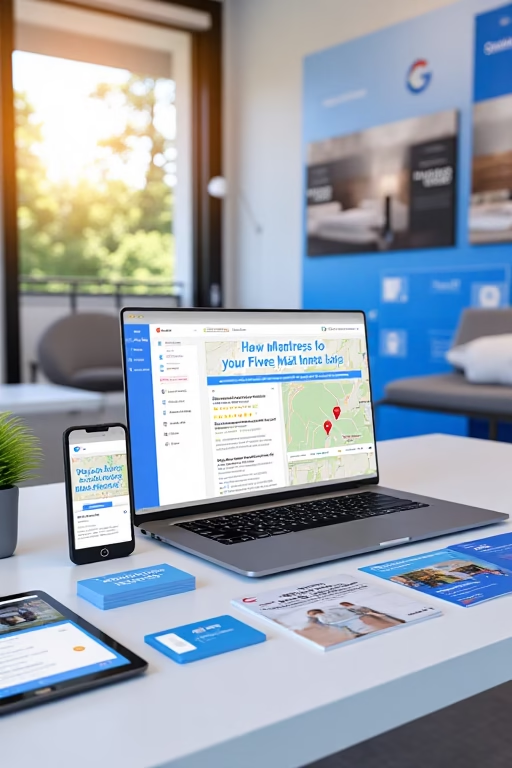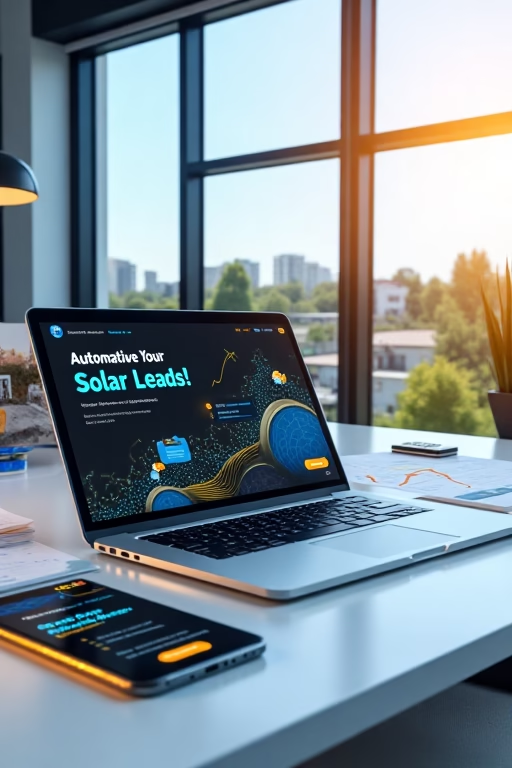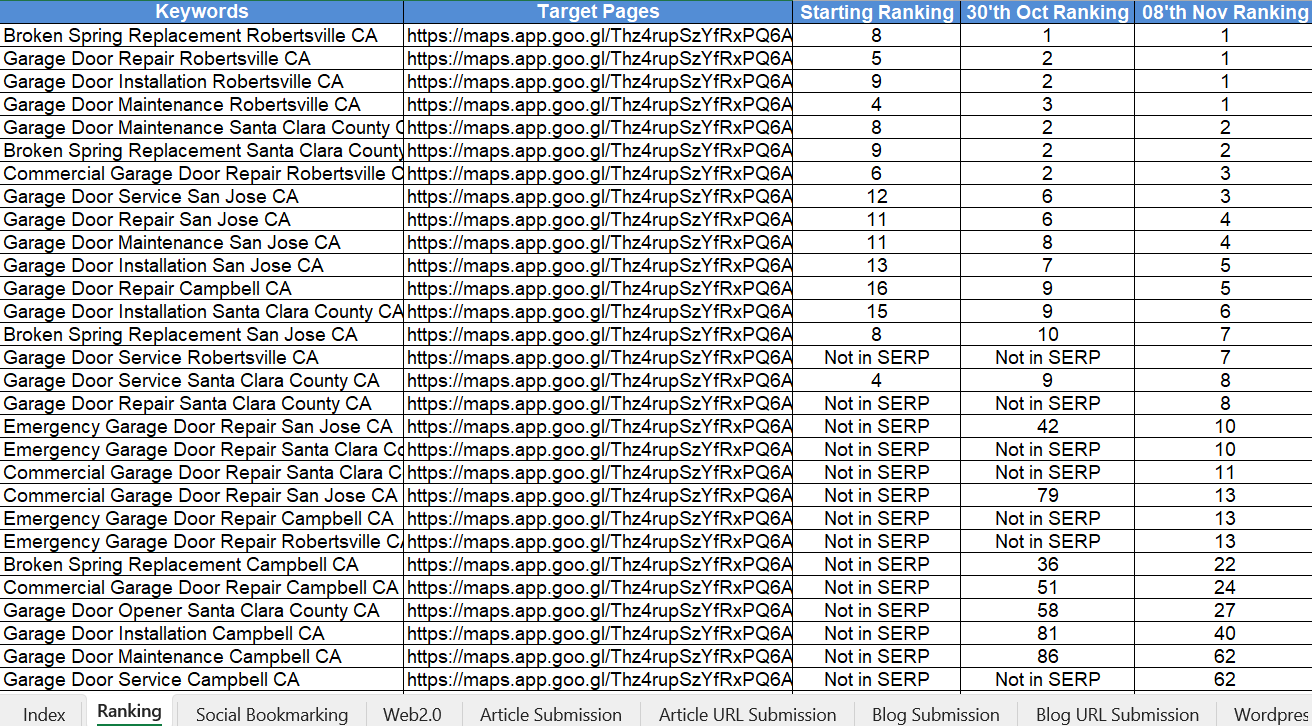The Top 5 Marketing Strategies for Mattress Retailers in 2025
The Top 5 Marketing Strategies for Mattress Retailers in 2025
Your Comprehensive Guide by Market Wiz
Table of Contents
- Introduction: The Evolving Retail Landscape
-
1. SEO & Local SEO
- Keyword Research & On-Page Optimization
- Technical SEO & Mobile Optimization
- Google My Business & Local Listings
-
2. Content Marketing & Blogging
- Educational Blog Posts
- Visual & Video Content
- Guest Posting & Outreach
-
3. Social Media & Influencer Marketing
- Building a Social Presence
- Engagement & Community Building
-
4. Email Marketing & Referral Programs
- Personalized Email Campaigns
- Effective Referral Incentives
-
5. Local Partnerships & Community Engagement
- Collaborations with Local Businesses
- Workshops & In-Store Events
-
Analytics & Optimization
- Tracking Performance
- Data-Driven Adjustments
-
Integrating with Other Digital Channels
- Website, Blog & Social Media Synergy
- Email & CRM Integration
- Common Pitfalls to Avoid
- Case Studies & Success Stories
- Future Trends in Mattress Retail Marketing
- Frequently Asked Questions (25 FAQs)
- Extra Keywords (25 Keywords)
- Conclusion
- Final Thoughts
Introduction: The Evolving Retail Landscape
The mattress retail market is evolving rapidly in 2025. With consumers increasingly shopping online and conducting extensive research before making a purchase, mattress retailers must adapt their marketing strategies to stand out in a crowded digital space. While many businesses invest in paid advertising, organic strategies provide a more sustainable and cost-effective way to build a loyal customer base.
At Market Wiz, we believe that the key to long-term success is leveraging multiple organic marketing channels—from SEO to content marketing and local partnerships. In this guide, we outline the top 5 marketing strategies that mattress retailers can use in 2025 to attract more customers without relying on paid ads.
The following sections provide a step-by-step breakdown of each strategy, actionable insights, and real-world examples that illustrate how these tactics can drive growth and increase your market share.
1. SEO & Local SEO
Keyword Research & On-Page Optimization
Effective SEO begins with comprehensive keyword research. Identify high-value keywords such as “best mattresses near me,” “memory foam mattress reviews,” and “luxury mattress store.” Use tools like Google Keyword Planner, SEMrush, and Ahrefs to gather data on search volume and competition.
Optimize your website’s on-page elements, including title tags, meta descriptions, header tags, and content. Incorporate your targeted keywords naturally and provide valuable information that meets your customers’ needs.
Technical SEO & Mobile Optimization
A fast-loading, mobile-friendly website is essential for both user experience and search rankings. Ensure your website is optimized for speed, uses HTTPS for security, and is fully responsive across all devices.
Regularly audit your site using tools like Google PageSpeed Insights and fix any technical issues to maintain optimal performance.
Google My Business & Local Listings
Local SEO is critical for mattress retailers serving specific regions. Claim and optimize your Google My Business (GMB) profile by ensuring that your store’s name, address, phone number, and hours (NAP) are consistent across all online platforms.
Enhance your GMB listing with high-quality photos, customer reviews, and regular posts about promotions or new arrivals. For additional guidance, visit our Local SEO Resource page.
2. Content Marketing & Blogging
Educational and Informative Blog Posts
Content is king in digital marketing. Create blog posts that address common customer questions, such as “How to Choose the Right Mattress” or “The Benefits of a Good Night’s Sleep.” High-quality content not only drives organic traffic but also establishes your brand as an authority in the industry.
Use internal links to direct readers to product pages and related articles on your site, and include external links to reputable sources like Sleep Foundation to add credibility.
Visual and Video Content
Enhance your content strategy with visual elements. Create video tours of your showroom, customer testimonial videos, and infographics that explain mattress technology. Videos can be hosted on your website and YouTube channel, driving engagement and boosting your SEO.
For more ideas on video marketing, visit Wistia.
Guest Posting and Influencer Outreach
Expand your reach by guest posting on popular home and lifestyle blogs. Collaborate with influencers in the sleep or home decor niche to gain exposure to a wider audience.
Learn effective guest posting strategies on Search Engine Journal.
4. Email Marketing & Referral Programs
Email Campaigns
Email marketing is an effective way to nurture leads and keep your customers engaged. Build an email list by offering incentives like sleep tips, discounts, or exclusive content in exchange for their contact information.
Create targeted, personalized email campaigns to announce promotions, new products, and store events. For more email marketing strategies, visit our Email Marketing Resource page.
Referral Programs
Word-of-mouth is a powerful marketing tool. Implement a referral program that rewards existing customers for referring friends and family. Incentives such as discounts or special offers can encourage satisfied customers to spread the word about your mattress store.
5. Local Partnerships & Community Engagement
Building relationships within your local community can significantly boost your store’s visibility. Partner with complementary local businesses such as furniture stores, interior designers, and home improvement centers to cross-promote services.
Host in-store events, workshops, or sleep health seminars to engage with potential customers directly. These partnerships not only enhance your local presence but also build long-lasting community relationships.
For more ideas on community engagement, visit Forbes.
Analytics, Optimization & ROI
Measuring the success of your marketing strategies is essential. Use tools like Google Analytics and Google Search Console to track website traffic, user behavior, and conversion rates.
Regularly review your analytics data to identify areas for improvement and adjust your strategy accordingly. For detailed guidance on analytics, check out our Analytics Guide.
Integrating with Other Digital Channels
Your marketing efforts should work in harmony across all digital channels. Integrate your website, blog, social media, and email campaigns with your GMB profile to create a unified online presence.
Cross-promote your content and include clear calls-to-action that direct users between channels. Learn more about multi-channel integration on our Digital Strategies page.
Common Pitfalls to Avoid
Even the best marketing strategies can be undermined by common mistakes. Avoid these pitfalls:
- Using outdated or inconsistent business information across your digital profiles.
- Keyword stuffing instead of focusing on quality content.
- Neglecting mobile optimization and site speed improvements.
- Failing to respond to customer reviews and inquiries promptly.
- Ignoring the importance of local SEO and consistent NAP data.
- Not tracking analytics to inform your strategy adjustments.
By avoiding these mistakes, you ensure that your marketing strategy remains effective and sustainable.
Case Studies & Success Stories
Real-world examples demonstrate the power of a well-rounded organic marketing strategy. Consider a local mattress retailer who revamped their online presence with a comprehensive SEO and content marketing strategy. Within a year, they experienced a dramatic increase in organic traffic and a significant boost in in-store visits.
Another success story highlights a store that integrated social media, email marketing, and referral programs to create a strong word-of-mouth campaign, resulting in increased customer loyalty and revenue.
These case studies show that with the right approach, local mattress stores can achieve sustainable growth without relying on paid ads.
Future Trends in Retail Marketing for 2025
The digital landscape is continuously evolving. In the near future, expect to see even more personalized content, advanced AI-powered analytics, and deeper integration of voice and visual search technologies.
Staying informed about these trends is critical for maintaining a competitive edge. Follow industry updates on platforms such as Forbes and Business Insider.
Conclusion
The top 5 marketing strategies for mattress retailers in 2025—encompassing SEO, content marketing, social media, email and referral programs, and local partnerships—offer a sustainable and cost-effective way to grow your customer base organically.
By leveraging these strategies and integrating them into a cohesive digital marketing plan, you can build a strong online presence, drive quality leads, and ultimately boost your store’s revenue—all without the recurring costs of paid advertising.
At Market Wiz, our mission is to empower you with actionable insights and innovative strategies that drive long-term success. Implement the tactics outlined in this guide, monitor your performance closely, and adapt your approach as needed to stay ahead in a competitive market.
Final Thoughts
Organic marketing is more than just a trend—it’s the future of retail. For local mattress stores, a robust Google My Business presence combined with comprehensive SEO, quality content, and integrated digital strategies can make all the difference.
Stay proactive, continually measure your results, and keep refining your approach as new trends emerge. For additional resources and advanced tips, explore our Retail Marketing and Digital Strategies pages.
Frequently Asked Questions (25 FAQs)
1. What is Google My Business (GMB)?
GMB is a free tool from Google that helps businesses manage their online presence on Google Search and Maps.
2. Why is GMB important for local mattress stores?
GMB improves local visibility, builds customer trust, and drives organic traffic—all without paid ads.
3. How do I claim my GMB listing?
Sign up for Google My Business and verify your store via postcard, phone, or email.
4. What does NAP stand for?
NAP stands for Name, Address, and Phone number; consistency is crucial for local SEO.
5. How often should I update my GMB profile?
Regular updates (at least monthly) keep your listing fresh and engaging for customers and search engines.
6. Why are customer reviews important?
Positive reviews build credibility and enhance your local search rankings.
7. How can I encourage customers to leave reviews?
Request reviews through follow-up emails, in-store prompts, or SMS messages after a purchase.
8. What are Google Posts?
Google Posts allow you to share updates, promotions, and news directly on your GMB profile.
9. How does local SEO benefit my mattress store?
Local SEO helps you rank higher in local search results, making it easier for nearby customers to find you.
10. What are citations?
Citations are mentions of your business on other websites; consistent citations improve local SEO.
11. How can I optimize my website for local searches?
Use local keywords, ensure consistent NAP data, and link your GMB profile to your website.
12. What is on-page SEO?
On-page SEO involves optimizing individual pages (title tags, meta descriptions, headers, and content) for better search rankings.
13. Why is mobile optimization crucial?
A mobile-friendly website enhances user experience and is favored by search engines.
14. How does social media support organic marketing?
Social media drives traffic to your website and GMB profile, increasing overall online visibility.
15. What is content marketing?
Content marketing involves creating valuable, informative content to attract and engage your target audience.
16. How do email marketing campaigns work?
Email campaigns nurture leads through targeted, personalized communication that drives conversions.
17. What are referral programs?
Referral programs reward customers for referring new clients, generating leads through word-of-mouth.
18. How can analytics improve my marketing strategy?
Analytics tools track key metrics like organic traffic and conversion rates, enabling data-driven adjustments.
19. What are rich snippets?
Rich snippets are enhanced search results with extra information, achieved through schema markup.
20. How do internal links benefit my website?
Internal links improve site navigation and distribute link equity, boosting overall SEO.
21. How can video content boost my marketing efforts?
Videos engage users and increase time-on-site, which benefits both customer engagement and SEO.
22. What are common SEO mistakes to avoid?
Avoid keyword stuffing, duplicate content, neglecting mobile optimization, and inconsistent business data.
23. What is a meta description?
A meta description is a brief summary of your page content that appears in search results and influences click-through rates.
24. How important are backlinks?
Backlinks from reputable sites boost your site’s authority and help improve your search rankings.
25. How can I stay updated on the latest marketing trends?
Follow industry news, subscribe to reputable blogs, and attend webinars; sources like Forbes and Search Engine Journal are excellent resources.
Extra Keywords for Mattress Store Marketing
- mattress store marketing 2025
- organic mattress marketing
- local mattress store SEO
- mattress retail digital marketing
- content marketing mattress
- social media mattress store
- mattress store customer acquisition
- SEO for mattress retailers
- local SEO mattress store
- mattress store Google My Business
- organic lead generation mattress
- mattress store email marketing
- referral programs for retailers
- mattress store branding
- digital marketing for furniture
- mattress store website optimization
- mattress retail case studies
- customer reviews mattress
- SEO keyword research mattress
- organic traffic mattress store
- mattress store local advertising
- mattress store content strategy
- mattress retail growth strategies
- Market Wiz mattress marketing
- mattress digital strategies
The Top 5 Marketing Strategies for Mattress Retailers in 2025 Read More »








3. Social Media & Influencer Marketing
Social media platforms are a powerful tool for connecting with your audience and driving traffic to your store. Build a strong presence on Facebook, Instagram, Twitter, and LinkedIn by sharing engaging posts, promotions, and customer reviews.
Utilize live videos, stories, and interactive content to foster engagement. Collaborate with local influencers to extend your reach and build credibility.
For additional social media tips, check out Social Media Examiner.